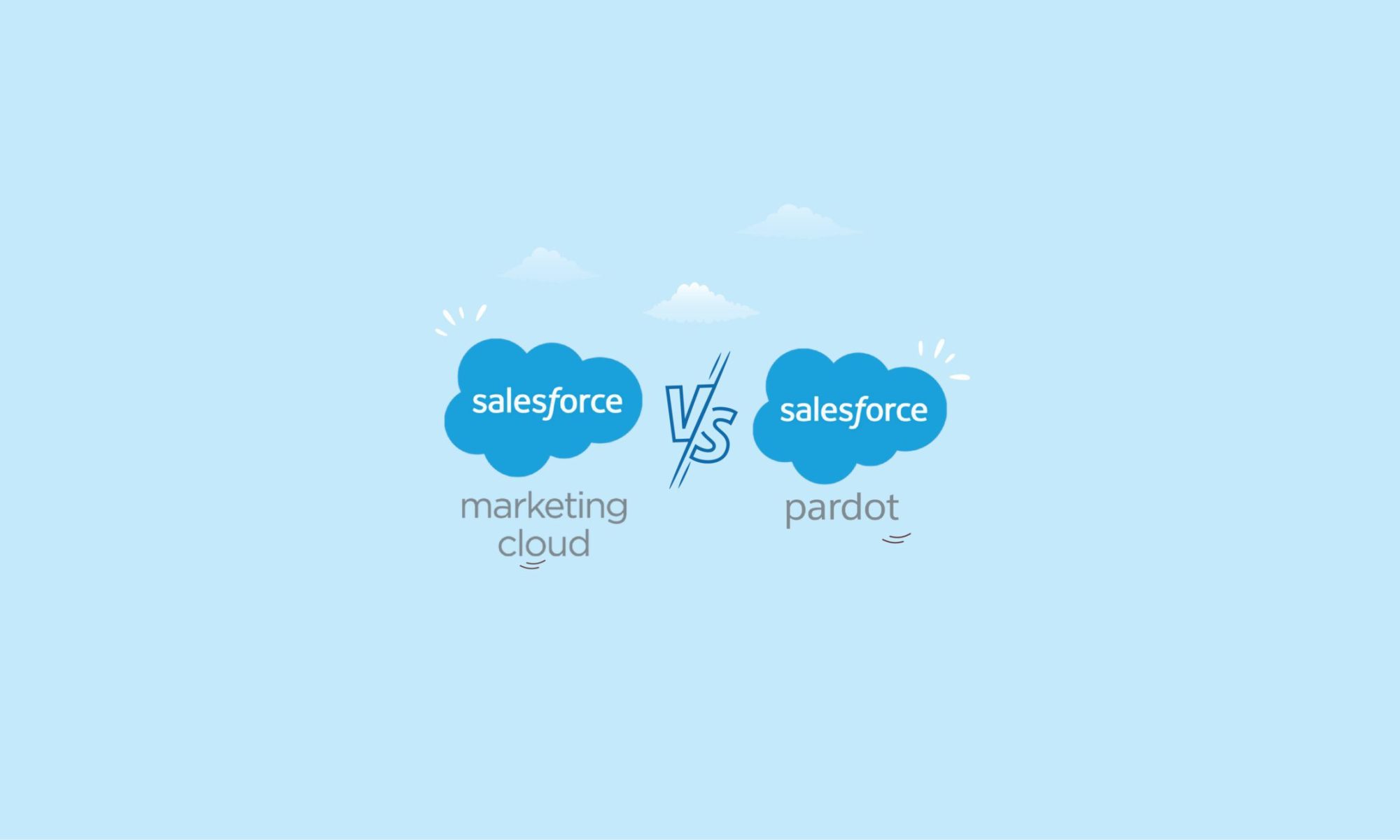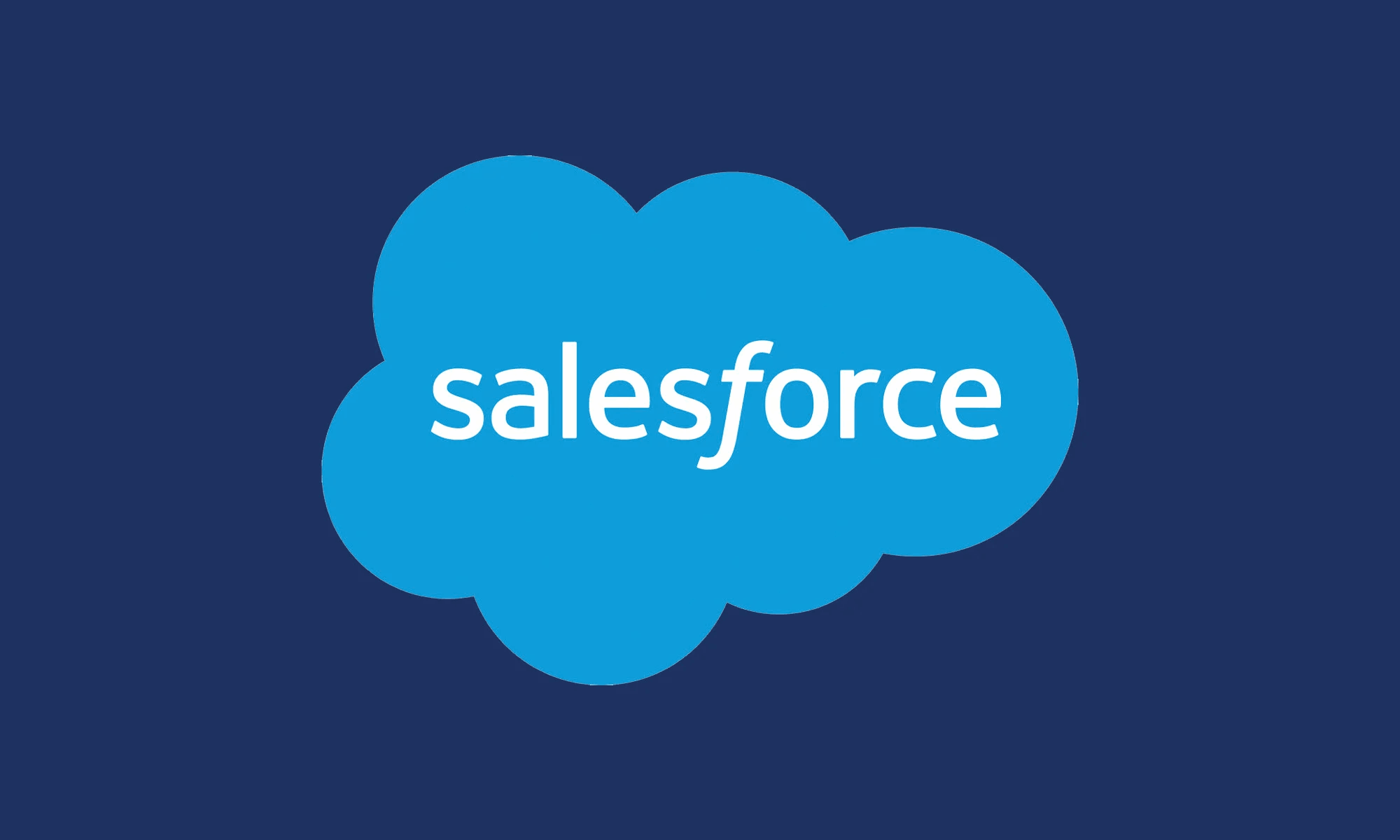Introduction
In today’s digital world, effective marketing automation is crucial for businesses to stay competitive and engage with their target audience. Salesforce, a renowned leader in cloud-based solutions, offers two powerful marketing automation platforms: Pardot and Marketing Cloud. Both platforms provide robust features and capabilities, but choosing the right one for your business can be a daunting task. In this blog post, we’ll explore the differences between Pardot and Marketing Cloud and provide insights to help you make a wise decision.
Understanding Pardot
Pardot is Salesforce‘s B2B marketing automation platform designed to simplify and streamline marketing and sales efforts. It focuses primarily on lead generation, nurturing, and conversion. Pardot offers features such as email marketing, lead scoring, lead nurturing, landing page creation, and ROI reporting. It integrates seamlessly with Salesforce CRM, enabling efficient alignment between marketing and sales teams.
Exploring Marketing Cloud
Marketing Cloud, on the other hand, is Salesforce’s comprehensive marketing automation and customer engagement platform. It caters to both B2B and B2C marketing needs. Marketing Cloud encompasses a wide range of functionalities, including email marketing, mobile messaging, social media marketing, customer journey mapping, personalization, data analytics, and advertising automation. It enables businesses to deliver personalized, data-driven experiences across multiple channels and touchpoints.
What is Marketing Cloud Account Engagement or Pardot?
A feature called Account Engagement is promoted under the Salesforce Marketing Cloud brand. This enables marketing teams to cater to customers’ specific demands at each stage of the buying process and personalize communications with them. Additionally, it provides an in-depth analysis of marketing efforts, allowing for modifying methods to increase effectiveness and return on investment.
This platform has the following qualities:
- Being a marketing automation platform for businesses to businesses.
- Having an email marketing editor that is incredibly user-friendly and intuitive. It allows you to create your own templates, upload one you currently have, or select from a library of pre-made designs.
- Reports on the Return on Investment (ROI). You will be able to investigate the effects of marketing campaigns on your revenue thanks to the predictive analysis provided by B2B Marketing Analytics Plus.
- Build high-level lead pipelines. You can construct landing pages and forms with fantastic custom designs without having to enter any code; all it takes is a few clicks. Additionally, you will greatly improve the efficiency of approaching potential clients by utilizing Salesforce Einstein, an Artificial Intelligence (AI) product.
- With the automatic configuration of the scoring, grading, monitoring, and nurturing procedures, lead management is very straightforward and practical. Even setting up notifications for when potential clients are on your site is possible.
- Start using the account-based marketing approach. The goal of this strategy is to discover lucrative accounts for which tailored content will be created in order to strengthen long-term connections. The sales and marketing teams work together to achieve this goal.
The ability to personalize marketing interactions with the help of Marketing Cloud Account Engagement enables B2B businesses to forge enduring connections with their clients. Additionally, it makes it easier to handle potential consumers, which affects the rise in conversion rates and speeds up sales.
What exactly is Marketing Cloud?
Using channels including email, social media, online advertising, and text messages, businesses may plan, carry out, and evaluate marketing campaigns using the Marketing Cloud, a digital marketing platform. The platform provides capabilities for managing leads and prospects, marketing automation, and data analysis to enhance campaign effectiveness.
It is a holistic marketing solution that aids businesses in developing meaningful and personalized connections with their clients and is distinguished by:
- A large family of high-tech goods intended to have a significant impact on B2C companies. Among those fantastic products are Email Studio, Journey Builder, Mobile Studio, Marketing Cloud Advertising, Content Management, and Marketing Cloud Personalization.
- Highly customizable; modules can be set up to meet your marketing requirements.
- A platform called Marketing Cloud enables you to provide highly customized or one-to-one experiences to your clients over a variety of channels, including mobile, mail, online, etc. If you choose, you can send just once to a sizable number of customers.
- Gather information in real-time from a variety of sources, including CRM, point-of-sale systems, and other customer-facing locations.
- All customer data is integrated through Marketing Cloud, which functions as a data warehouse.
- Utilize the marketing campaign spend to its full potential. with a demonstrably lower cost of customer acquisition.
Significant variations between Pardot and Marketing Cloud
Pardot and Marketing Cloud, both being marketing automation platforms offered by Salesforce, have distinct differences in their features and target audiences. Here are the main differences between Pardot and Marketing Cloud:
| Aspects to Consider | Paradot | Marketing Cloud |
| Target Audience | Pardot primarily focuses on B2B marketing, catering to businesses with complex sales cycles and a strong emphasis on lead generation, nurturing, and sales alignment. | Marketing Cloud caters to both B2B and B2C organizations, offering a broader range of features to engage customers across multiple channels and touchpoints. |
| Features and Functionality | Pardot is designed specifically for lead generation and nurturing. Its key features include lead scoring, email marketing, landing page creation, CRM integration, and marketing analytics. | Marketing Cloud offers a comprehensive set of features, including email marketing, social media marketing, mobile messaging, customer journey mapping, advertising, content management, and advanced analytics. It provides a broader range of capabilities for executing multi-channel campaigns and enhancing customer experiences. |
| Complexity and Learning Curve | Pardot is known for its user-friendly interface and ease of use. It provides a straightforward approach to managing campaigns, creating landing pages, and automating lead nurturing. The learning curve is relatively lower compared to Marketing Cloud. | Marketing Cloud is a more robust and complex platform. It requires a steeper learning curve and may require dedicated personnel or specialized resources to leverage its full potential. However, it offers greater customization and advanced features for executing complex marketing strategies. |
| Integration with Salesforce CRM | Pardot provides tighter integration with Salesforce CRM, offering a more seamless and unified experience between marketing and sales of teams. It allows for smooth data flow and alignment between departments, making it an excellent choice for organizations heavily reliant on Salesforce CRM. | While Marketing Cloud also integrates with Salesforce CRM, the integration is not as deep as Pardot. However, Marketing Cloud provides a broader range of integrations with other systems, such as CMS platforms, data management platforms, and third-party applications, allowing for greater flexibility in integrating with different tools and systems. |
| Scalability and Customization | Pardot is a suitable choice for smaller businesses or those with specific B2B marketing needs. It is more cost-effective and easier to implement, making it a scalable solution for organizations with limited marketing teams and resources. | Marketing Cloud is designed to handle larger-scale marketing operations and accommodate complex marketing requirements. It offers greater scalability and customization options, making it ideal for organizations with a larger customer base, extensive marketing needs, and dedicated marketing teams. |
Choosing Wisely
To choose wisely between Pardot and Marketing Cloud, consider the following factors:
- Business Goals and Needs: Evaluate your marketing objectives, target audience, and the channels you plan to leverage. Determine if you require a B2B or B2C-focused solution and the level of complexity and scalability needed for your campaigns.
- Budget and Resources: Consider your budget and the resources available for implementation, training, and ongoing maintenance. Pardot is often more cost-effective for small to mid-sized businesses, while Marketing Cloud might require a higher investment.
- Integration Requirements: Assess the level of integration you need with other systems, especially Salesforce CRM. Determine the extent of collaboration required between your marketing and sales teams.
- Future Growth Potential: Anticipate your business’s future growth and expansion plans. Choose a platform that can scale alongside your organization and accommodate evolving marketing needs.
Conclusion
Pardot and Marketing Cloud are both powerful marketing automation platforms offered by Salesforce, each with its own strengths and target audience. By understanding the differences and considering your specific business requirements, goals, budget, and integration needs, you can make an informed decision on whether Pardot or Marketing Cloud is the right choice for your organization. Remember, selecting the right marketing automation platform is a crucial step toward achieving your marketing objectives and driving success in the digital landscape.




